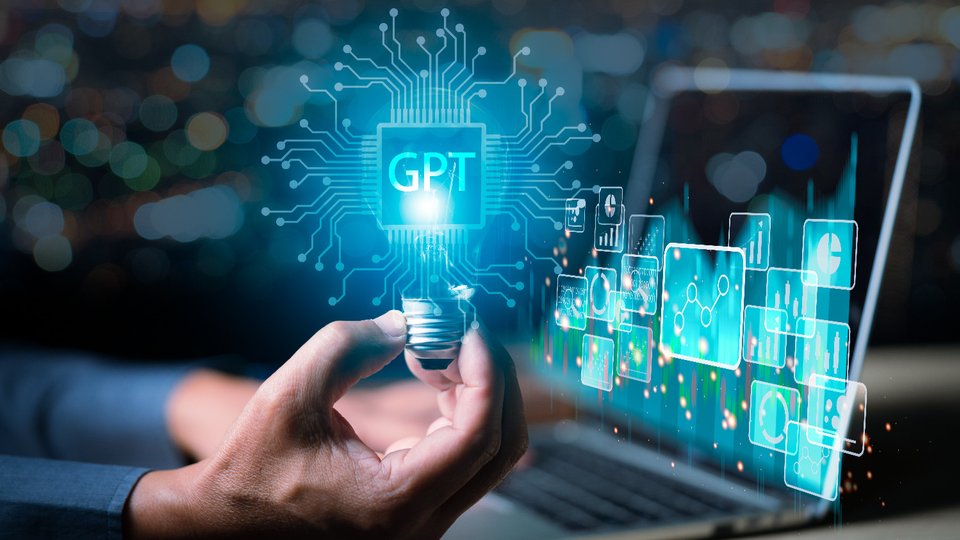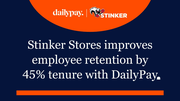Technology
The promise of bots will take more than ChatGPT
ChatGPT, while incredibly powerful, has been shown to have a number of fundamental flaws when put in customer-facing situations.

July 18, 2023 by Daniel Rodriguez — Chief Marketing Officer, Simplr
It is a near universal truth the future of customer services lies in the power of AI. Juniper Research predict70% of customer service inquiries will be automated by the end of this year. Even before ChatGPT, deploying AI was among the top priorities of customer service leaders, per a 2022 McKinsey report.
But how we get to that AI-enabled future is unclear, and the path may be rocky. ChatGPT, while incredibly powerful, has been shown to have a number of fundamental flaws when put in customer-facing situations. To get to a place where 90% of customer service inquiries are safely and effectively automated, we first have to better understand the potential dangers and how to safeguard against them.
Regarding the former, here are the main ways in which ChatGPT could potentially do damage to both your CX and overall brand if left uninhibited:
1. Fall victim to manipulation: Even when companies such as OpenAI put safeguards into place that prevent their models from disclosing sensitive or illegal information, people have found ways around them. For example, while you can't ask ChatGPT how to create Napalm, people have still found ways to "trick" the model to getting the information anyway.
2. Hallucinate: Perhaps the most famous pitfall, there have already been many viral examples of ChatGPT and other Large Language Models (LLMs) essentially overwhelming themselves with data to the point that they spout out incorrect, nonsensical, or even seemingly diabolical responses.
3. Become misaligned with human customer support agents: Uninhibited LLMs don't yet have a process to hand off data or information to humans in customer support scenarios. This means that it is impossible to seamlessly escalate a customer from CHatGPT to a tier 2 human agent, thus creating a disjointed and poor experience.
4. Fail to receive the necessary information from a customer: CHatGPT and other LLMs are really good at answering questions, but they're not very good at asking them. For them to receive the requisite data to handle more complex customer inquiries would require discovery capabilities that they are not currently able to perform.
5. Open up potential security risks: There have already been incidents of company employees opening up their companies to privacy and security risks by inputting sensitive data into ChatGPT and thus entering it to the public realm. Without proper safeguards in place, the same could happen when customers disclose sensitive or private information in customer service interactions.
How to safeguard against ChatGPT pitfalls
To take full advantage of ChatGPT in a safe and secure manner, IT and customer service leaders first need to identify the right sets of data for ChatGPT to leverage, and give it only access to that data. By prohibiting it from scanning the entirety of the internet for answers, you drastically mitigate the chances of hallucination or the bot being manipulated to engage in discussions on inappropriate topics. Additionally, by directing its attention towards only relevant and targeted data sets, ChatGPT can generate the right answer for customer inquiries quicker.
Second, customer service leaders need to implement proper oversight and management of ChatGPT to get it to function effectively. It's helpful to think of it as the most intelligent and capable entry-level customer service agent in the history of business. That means it still needs to be coached on what conversations are brand appropriate, what your company's policy guidelines are, where to find information pertaining to each customer service inquiry, and how to demonstrate (if not truly feel) empathy and rapport with each customer. To enact this, customer service leaders need to invest in building and establishing parameters and protocols for ChatGPT on how to properly engage every unique customer.
Finally, and perhaps most importantly, organizations need iron clad data and security protocols put into place when leveraging ChatGPT. To truly protect both customer and company data from being compromised, organizations must either develop data barriers themselves or ensure that those who are implementing the LLM-enabled technology on their behalf — such as chatbot providers — are doing it for them.
We as an industry will get to a future in which the vast majority of customer service inquiries are automated, leaving only the most pressing, sensitive, or truly complex issues to human agents. In as little as a year from now, chat may be the way we prefer to interact with brands across industries.
Right now we are living through unprecedented change happening at an unprecedented speed. By keeping a clear focus on both the potential downfalls of these new technologies and what it will take to overcome them, we can get to the goal line as quickly and safely as possible.
About Daniel Rodriguez
Daniel Rodriguez is an experienced marketing executive, entrepreneur, family guy and musician who uses daily meditation to manage life’s intense moments. He currently is the CMO at Simplr, where he’s leading a team that is redefining the way brands deliver customer service. Before Simplr, he served as VP of Marketing for Seismic. A native of Cleveland, he’s been a Bostonian since earning a BA from Harvard and an MBA from the MIT Sloan School of Management.
 ChatGPT
ChatGPT Grok
Grok Perplexity
Perplexity Claude
Claude




